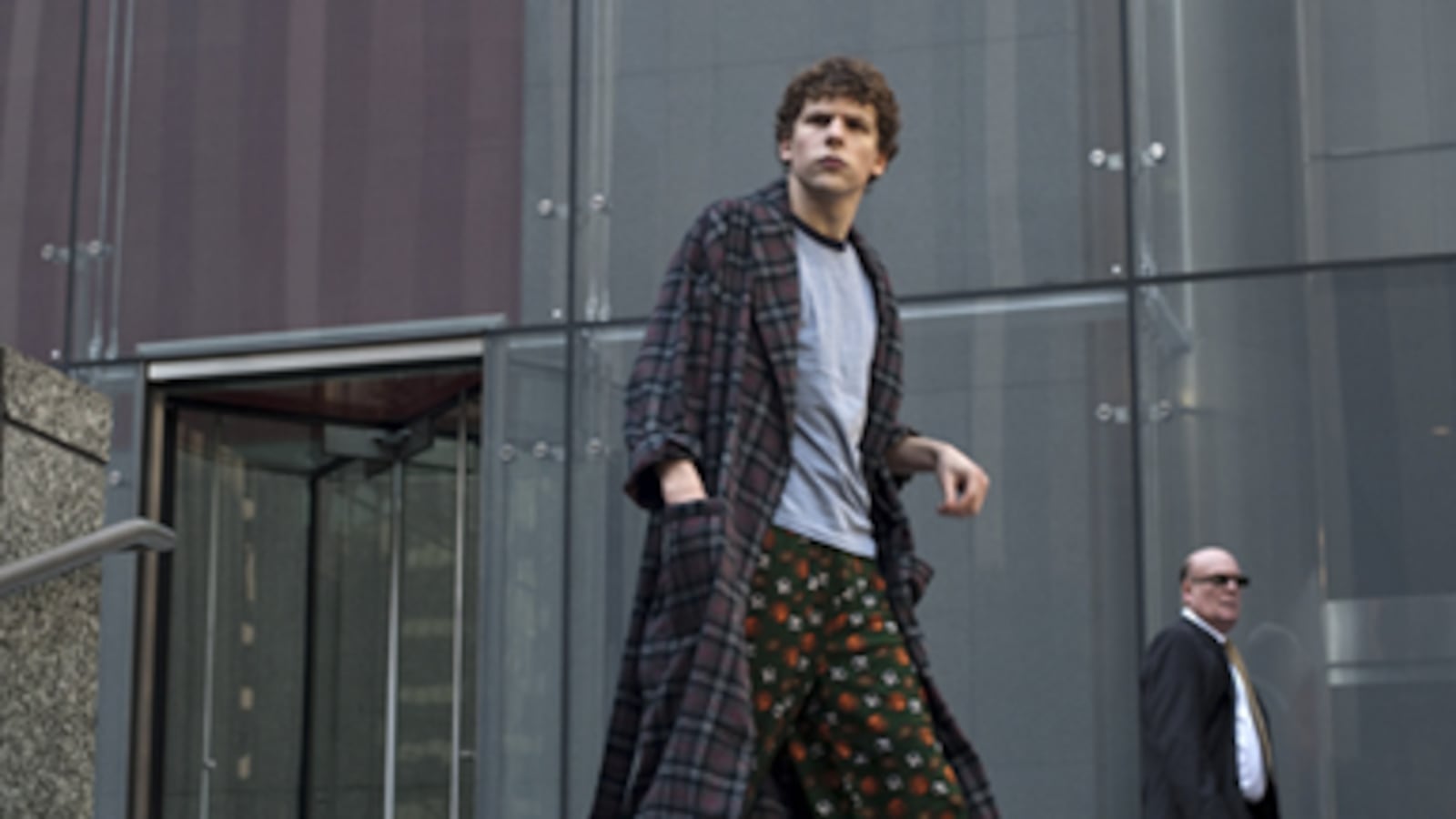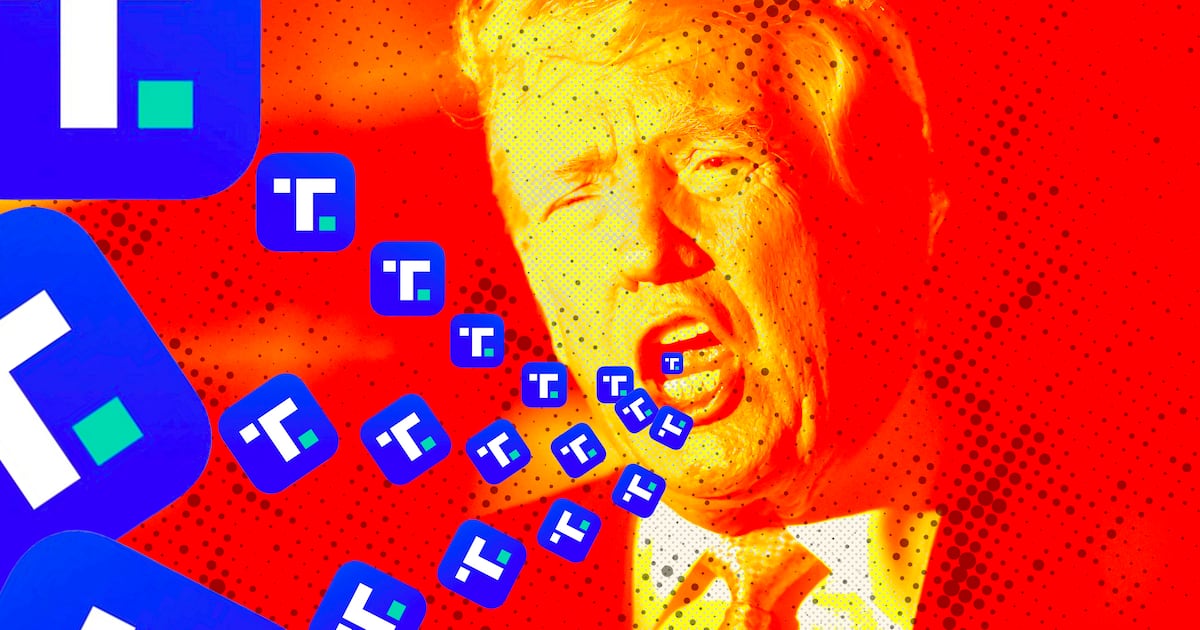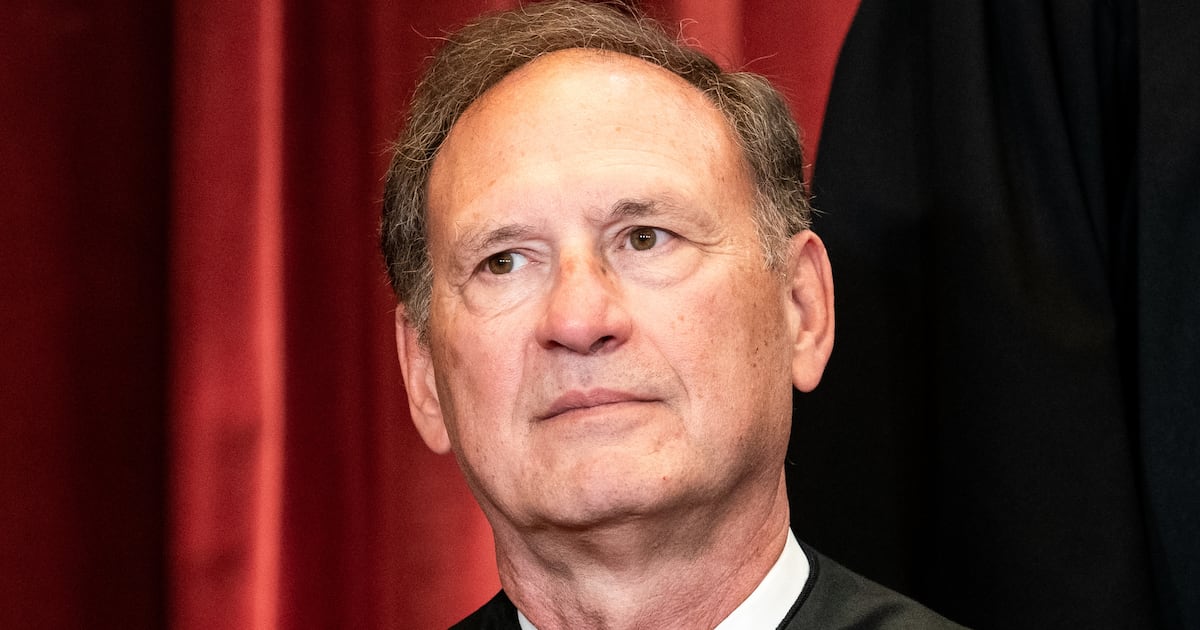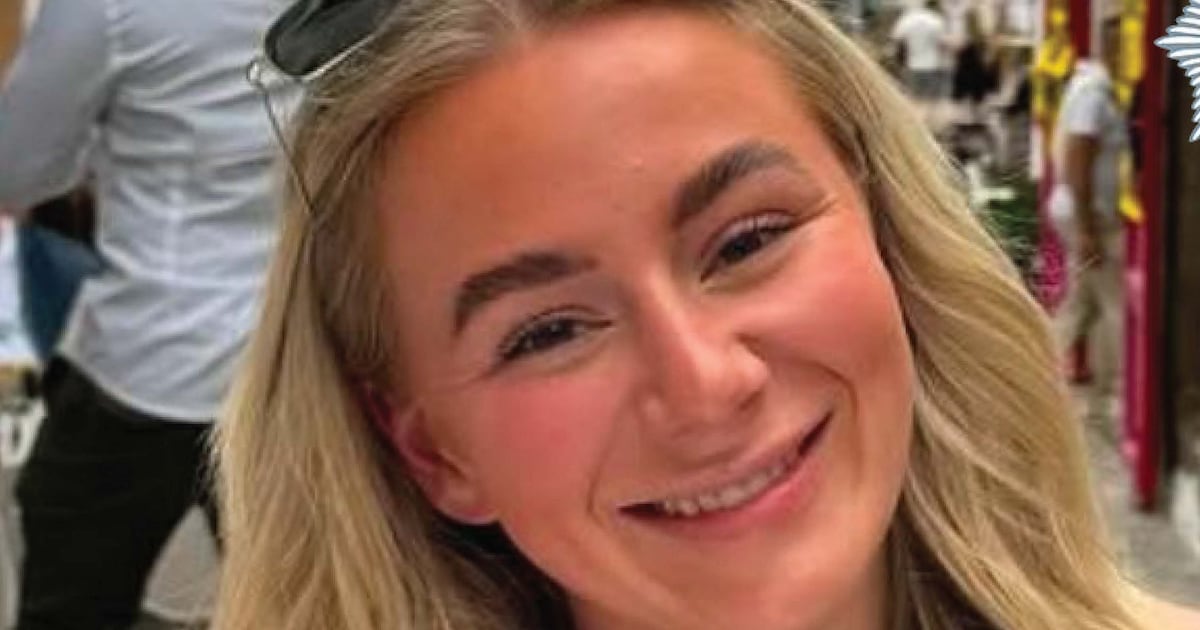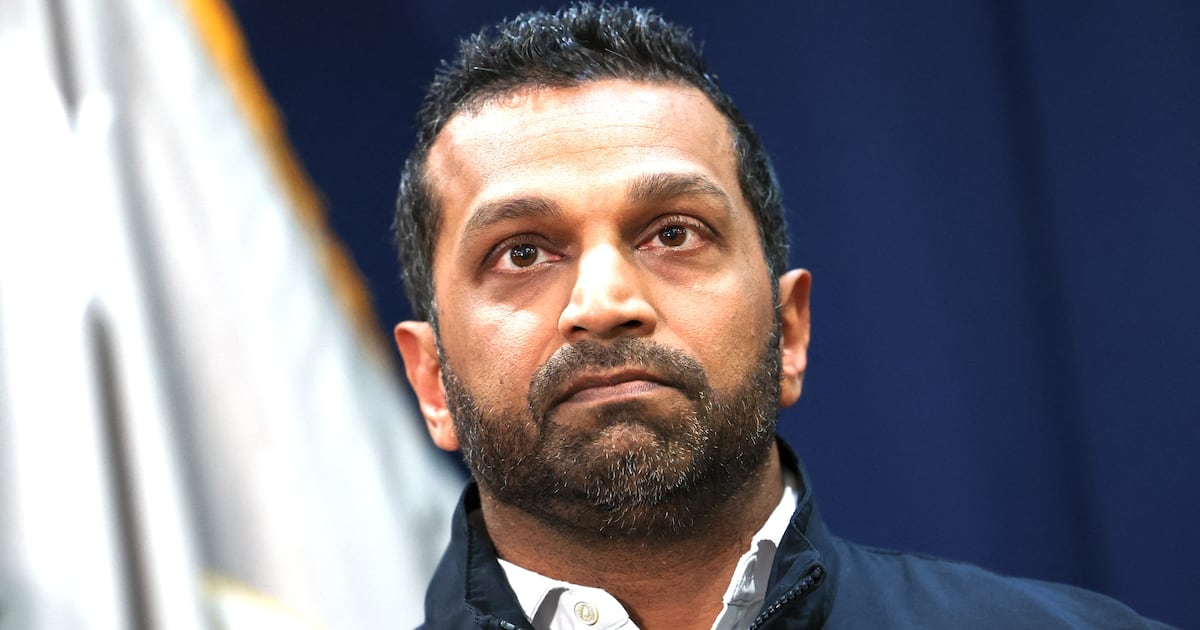Jesse Eisenberg talks to The Daily Beast about identifying with Mark Zuckerberg, living in Chelsea, and why he doesn’t have a Facebook page. Plus, View Our Complete Coverage of The Social Network
Jesse Eisenberg is an awkward movie star.
The 27-year-old New Yorker with the fiercely intelligent blue eyes, frenetic energy, and slouched shoulders is far more like the self-conscious and too-smart kid he's played in nearly 20 films than the leading man of what may be the biggest movie of the year.
Which actually makes him ideal to play Mark Zuckerberg, the world's least CEO-like CEO, a guy who comes across as so awkward in his television interviews that a Google search for his name with the word "autistic" nets over 65,000 results.

No one is more aware of this similarity than Eisenberg himself. "I'm uncomfortable in the same way Mark is," he says. "I can't watch myself in interviews. I feel like I look like a wreck. My mom is always calling me and going, 'Stop fidgeting,' and it's like, 'You have no idea what it's like, Mom.'"
So that's Eisenberg: antsy, discomfited, and still answering to Mom. In other words, he’s remarkably unaffected for a guy who burst memorably onto the scene as a naïf being schooled in the art of seduction by Campbell Scott in 2002's Roger Dodger, solidified his place as the more sophisticated Michael Cera in Noah Baumbach's autobiographical 2005 release The Squid and the Whale, and then carved out a permanent spot as an indie hero with his carnie role in Adventureland.
Even though The Social Network is Eisenberg's movie, he has none of the swagger and look-at-me charm of his costar Justin Timberlake. Instead of wanting to talk about himself, for example, he wants to spend our interview finding out about me. He starts by asking where I live in New York. When I tell him my neighborhood, he excitedly exclaims, "Me, too!" and then recites his cross-streets. The irony of the fact that the actor playing the world's biggest lightning rod when it comes to privacy just casually gave out his home address seems to be lost on him. This could be because his feelings about Zuckerberg are complex; he's not willing, in other words, to slam the guy as the "punk" that the movie's ubiquitous posters proclaim him to be.
• ‘The Social Network’ Reviews• Nicole LaPorte: Andrew Garfield, Rising Star • Lloyd Grove: Aaron Sorkin Talks Facebook"Every character I play has to be the hero of his own story, the way we're all heroes of our own lives," Eisenberg says when I ask him what he thinks of Aaron Sorkin's much-quoted belief that Zuckerberg spends the first hour and 55 minutes of the movie as the antihero and the last five minutes as the tragic hero. "Aaron's coming at it as the writer, so he's thinking of it in terms of how the character relates to his story. But it's very difficult for me to look at the character objectively."
While Eisenberg's never met Zuckerberg (the only cast member who interacted with his real-life counterpart before the movie was Timberlake, who spoke to Sean Parker briefly before he won the role), Eisenberg prepared by reading as much as he could and watching those halting interviews. A month before the shoot was over, he got a bit of inside information when his cousin was coincidentally hired as a Facebook product designer. "He really loves Mark personally and professionally," Eisenberg says. "He had only the nicest things to say about him—which was nice to hear since I'd developed such an affection for him over the course of filming."
Despite what's been written, Eisenberg denies having studied people with Asperger's as homework. "I don't want to diagnose the character [with a disorder]," he says. "But I thought a lot about the way he interacts with others." Since one of the symptoms of Asperger's is a discomfort with being touched, I ask him about the scene near the end of the movie when Parker [Timberlake] tries to hug him and he flinches. "Mark's not comfortable interacting in the way others want to interact with him," Eisenberg offers. "Sean wants to celebrate with him and Mark isn't in an emotional place to react in the way that Sean wants. Mark tends to invert when he feels uncomfortable."
Instead, Eisenberg immersed himself in the part by using the habits of those close to him. "My sister can't pay attention to a conversation unless she's drawing," he says while talking about how he started doodling in the deposition scenes. "I think Mark would have a similar manner." Immediately reverting into the role, he adds, "Those scenes were upsetting to me because these characters were threatening to take away everything that I built. It was almost too painful to look at them." Then he laughs. "Of course, I'm not a psychotic—I understand it's a movie—but I still couldn't look at them."
It's evident just how obsessively he inhabited Zuckerberg when I ask him why he thinks Facebook is so appealing to people. "I think about it through my character," he says. "He felt uncomfortable in traditional social settings so he created an environment where he felt comfortable." When I inquire what Jesse—and not Jesse playing Mark—thinks, he says, "Jesse doesn't really know." He smiles and says, "Look, I don't have a Facebook page because I have little interest in hearing myself talk about myself any further than I already do in interviews or putting any more about myself online than there already is. But if I wasn't in this position, I'm sure I would use it every day."
The one time Eisenberg seems to get away from Zuckerberg completely is when I tell him that I liked the writing he has done for McSweeney's.
“I can’t watch myself in interviews,” Jesse Eisenberg says. “My mom is always calling me and going, ‘Stop fidgeting.’”
"How did you know about that?" he asks, breaking into an enormous grin. I mention that a friend who also writes for McSweeney's showed them to me. "Who?" he asks. When I tell him, he gasps. "Are you serious?" he says. "You know him?" He begins reciting specific pieces my friend has written and peppering me with questions about how I know him and he got his McSweeney's column. He brings up my friend's writing several more times before the interview is over and, just before we say goodbye, he raves about my McSweeney’s friend’s "enviable position.” Then he gives an awkward wave goodbye, seemingly unaware of his own.
Anna David is the author of the novels Party Girl and Bought and has written for The New York Times, Playboy, Details, Cosmo, and Redbook, among other publications. She appears on CBS, NBC, Fox News and many other networks regularly. Her most recent book, Reality Matters, is an anthology of essays that she edited about reality shows.

